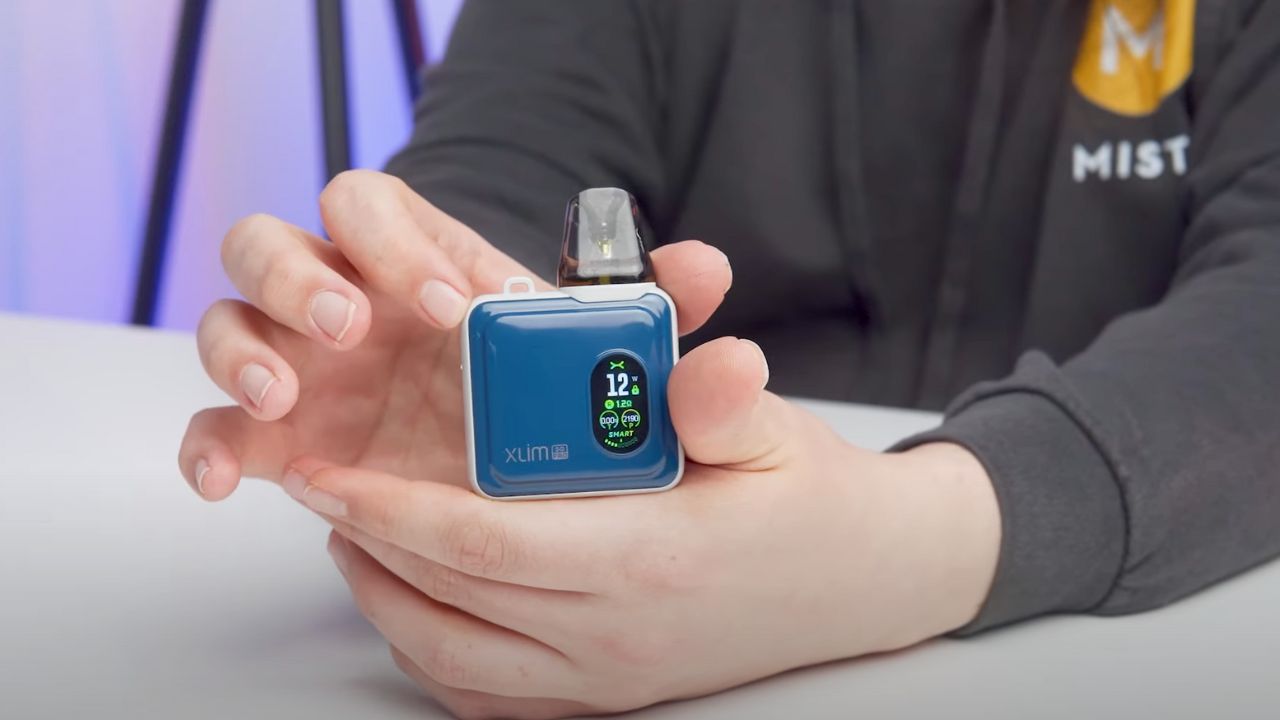In recent years, disposable vapes have emerged as a dominant trend among teenagers, raising serious public health concerns worldwide. These single-use devices, often sleek, colorful, and flavored, have rapidly gained popularity due to their convenience and discreet nature. Unlike traditional vaping devices that require refilling and maintenance, disposables come pre-filled with e-liquid and a built-in battery, making them easy to use straight out of the package.
Why Disposable Vapes Appeal to Teenagers
One of the main reasons for their popularity is accessibility. Disposable Hayati Pro Ultra Plus Pods vapes are widely available in convenience stores, gas stations, and online platforms. Many feature sweet or fruity flavors—such as mango, cotton candy, or blue raspberry—which mask the taste of nicotine and make vaping more appealing to younger users. The small size and lack of strong odor make them easy to conceal from parents and teachers, adding to their allure among teens seeking privacy.
The Role of Social Media
Platforms like TikTok, Instagram, and Snapchat have amplified the trend. Videos showcasing vape tricks, product reviews, or casual vaping moments normalize the behavior among teens. Influencers and peer networks often promote disposable vapes indirectly, glamorizing their use and downplaying potential health risks. This online exposure has been shown to correlate with increased curiosity and experimentation among adolescents.
Health Concerns
Despite their appealing packaging, disposable vapes carry significant health risks. Most contain high concentrations of nicotine salts, which allow for smoother inhalation but can deliver more nicotine per puff than traditional cigarettes. This increases the potential for rapid addiction, especially in younger users whose brains are still developing. Long-term effects of vaping are still being studied, but research has linked it to respiratory issues, cardiovascular risks, and impaired brain development.
Regulatory Challenges
Governments face difficulties in controlling the surge of disposable vapes among teenagers. While some countries have imposed flavor bans or age restrictions, loopholes in online sales and the rapid introduction of new products make enforcement challenging. In the United States, the Food and Drug Administration (FDA) has attempted to crack down on flavored vapes, but unregulated imports and counterfeit products remain widespread. In Europe, the Tobacco Products Directive (TPD) sets limits on nicotine content and tank size, yet illegal imports often bypass these rules.
The Path Forward
To address this growing problem, public health experts advocate for stricter enforcement of age verification, comprehensive bans on youth-appealing flavors, and educational campaigns highlighting the risks of nicotine addiction. Collaboration between governments, schools, and parents is essential to reduce access and counteract the glamorization of disposable vaping.
The rise of disposable vapes among teenagers reflects a broader challenge in balancing innovation in nicotine products with the need to protect public health. Without stronger regulations and awareness efforts, these devices may continue to fuel a new generation of nicotine dependence.




